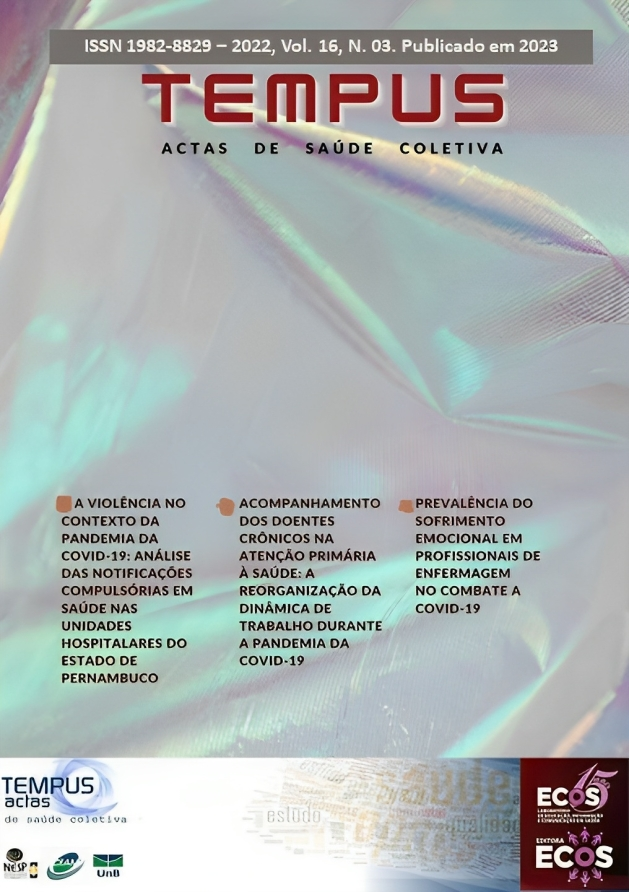Abstract
In order to evaluate the effect of the pandemic on the quality of life (QL) of international cooperation university students, an observational study with a descriptive-exploratory cross-sectional design was conducted with 169 in-person undergraduate students at the University of International Integration of Afro-Brazilian Lusophony (UNILAB). (QL) was analyzed using the Medical Outcomes Study 36-item instrument (SF-36). The results indicate that Brazilian students, especially the female group, had lower (QL) scores compared to foreign students. Factors such as alcohol consumption, smoking, and course failures negatively influenced the (QL) of these university students. On the other hand, the use of religion and more free time were factors that provided better (QL) scores. It is concluded that the pandemic had a significant impact on the quality of life of university students.
A Tempus garante critérios rigorosos, por meio de avaliação sistemática. Os autores se responsabilizam pela veracidade e ineditismo do trabalho cabendo a eles a cessão de direitos de publicação à revista. A confiabilidade dos conteúdos e a marca própria de apresentação tem como objetivo uma comunicação personalizada, adaptada aos padrões da revista, na medida em que adota critérios de excelência exigidos por seus usuários e especialistas, considerando os rigores da comunicação científica. Os autores devem especificar sua contribuição individual na concepção, delineamento, execução do trabalho, análise ou interpretação dos dados, redação e aprovação final do manuscrito. Incluir Fontes de financiamento e de apoio logístico das pesquisas. Ao final da submissão do artigo, os autores devem enviar uma declaração de cessão de direitos de publicação à Revista TEMPUS , assinada e no formato PDF (Portable Document Format ): Modelo da declaração de cessão de direitos.
